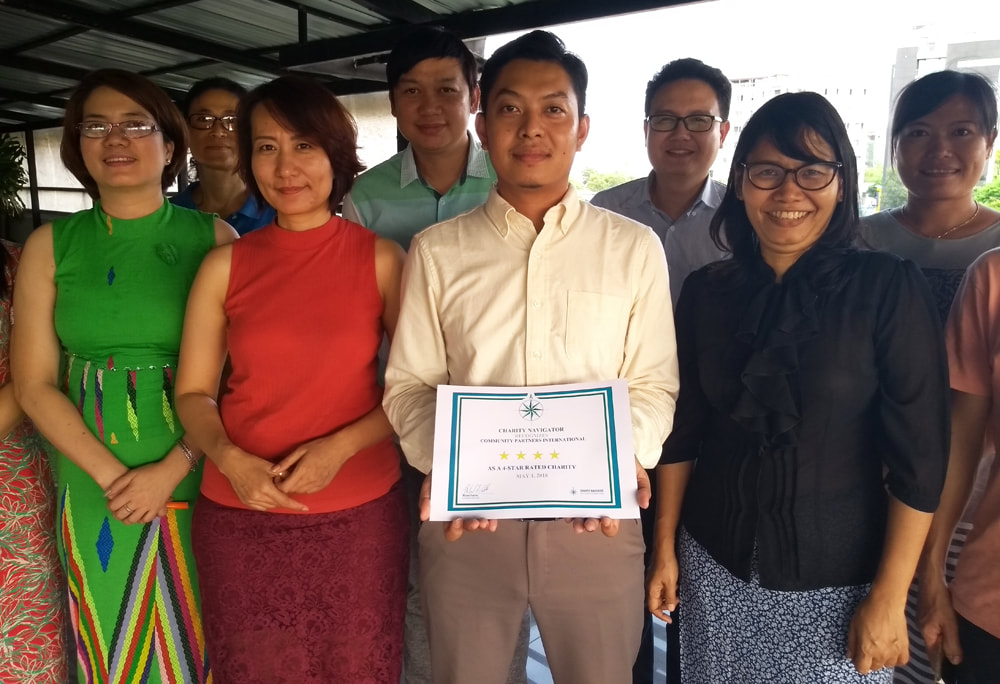|
For Myanmar to achieve the stated ambition to provide Universal Health Coverage (UHC) by 2030, universal access to health services remains a key challenge. This is particularly true for the hundreds of thousands of people living in conflict-affected and hard-to-reach areas of the country where the Ministry of Health and Sports (MoHS) has historically had little or no coverage, and where trust in the national government has been severely eroded by decades of conflict.
Making Universal Health Coverage (UHC) a reality in Myanmar hinges on the support and participation of civil society – bringing their local expertise and community networks into the broader effort to ensure health for all. As part of the process of building an understanding of and support for UHC in Chin State, Myanmar, Community Partners International (CPI) and Pyi Gyi Khin organized a Civil Society Organizations (CSO) Health Forum in Hakha, Chin State, on May 17 and 18, 2018.
A recent escalation of conflict in Kachin State, Myanmar, has displaced more than 5,000 people from their homes, and many more remain trapped in conflict zones. On May 12 and 13, 2018, in partnership with the Humanitarian Coordination Initiative (HCI), Community Partners International (CPI) provided emergency food packages to 200 displaced families sheltering in Tanai township. The packages contained rice, oil, salt, chickpeas and sardines to ensure that families have access to adequate nutrition during this emergency period. CPI is continuing to monitor the situation to identify ways that we can support populations affected and displaced by this conflict.
For the seventh consecutive year, Community Partners International (CPI) has earned the full 4-Star rating for best practice financial stewardship, transparency and accountability from Charity Navigator, the largest and most-utilized independent nonprofit evaluator in the U. S. The rating includes a perfect 100% score for transparency and accountability.
How can visualization and mapping tools be used to make better decisions regarding HIV/AIDS testing services for key populations in remote, conflict areas? And in what ways might a systems-centric approach provide a better contextual understanding of issues in Myanmar? On April 26 to 27, 2018, the USAID HIV/AIDS Flagship (UHF) Project held a two-day “Systems Thinking & Data Visualization for HIV/AIDS” workshop to equip implementing partners with the tools necessary to visualize and contextualize the growing HIV/AIDS epidemic in Kachin State.
|
AuthorCPI Admin Archives
July 2024
Categories
All
|
|
|
COMMUNITY PARTNERS INTERNATIONAL
580 California St Fl 16, Ste 1658, San Francisco, CA 94104-1068, USA [email protected] +1 510 225 9676 We are a registered nonprofit 501(c)(3) Public Charity. TAX ID 94-3375666 |
©
Community Partners International


 RSS Feed
RSS Feed
